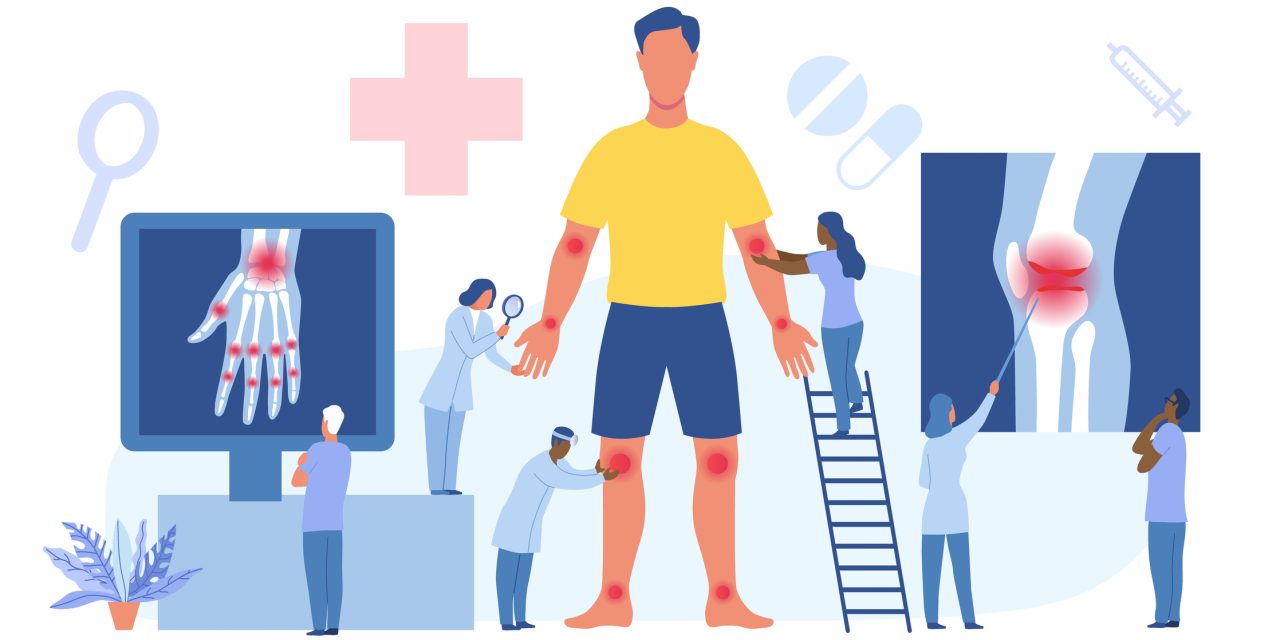To establish the comparative effects of conservative interventions on modifying foot progression angle (FPA) in children and adults with orthopaedic and neurological disease was the main aim of the literature review. Pubmed, Embase, Cinahl, and Web of Science were systematically searched for studies evaluating the effects of conservative interventions on correcting the FPA. The study protocol was registered with PROSPERO (CRD42020143512). Two reviewers independently assessed studies for inclusion and quality. Studies that assessed conservative interventions that could have affected the FPA and objectively measured the FPA were included. Within group Mean Differences (MD) and Standardized Mean Differences (SMDs) of the interventions were calculated for the change in FPA and gait performance (walking speed, stride/step length) and clinical condition (pain). Intervention effects on FPA were synthesized via meta-analysis or qualitatively. 41 studies were identified. For patients with knee osteoarthritis gait training interventions (MD = 6.69° and MD = 16.06°) were significantly more effective than mechanical interventions (MD = 0.44°) in modifying the FPA towards in-toeing (p < 0.00001). Increasing or decreasing the FPA significantly improved pain in patients with medial knee OA. Results were inconclusive for the effectiveness of gait training and mechanical devices in patients with neurological diseases. Gait feedback training is more effective than external devices to produce lasting improvements in FPA, reduce pain, and maintain gait performance in patients with medial knee OA. However, in neurological patients, the effects of external devices on improvements in FPA depends on the interaction between patient-specific impairments and the technical properties of the external device.Copyright © 2021 The Authors. Published by Elsevier Ltd.. All rights reserved.
Conservative interventions to improve foot progression angle and clinical measures in orthopedic and neurological patients – A systematic review and meta-analysis.


